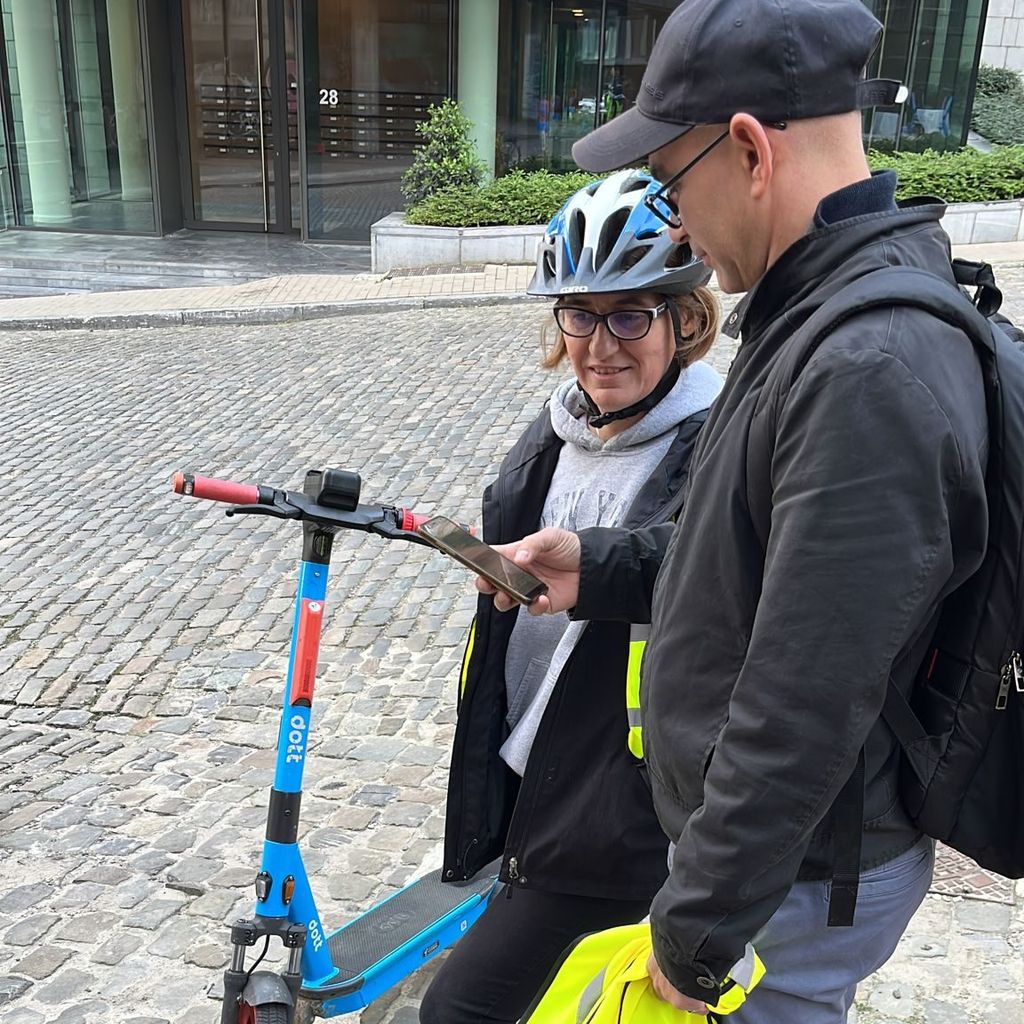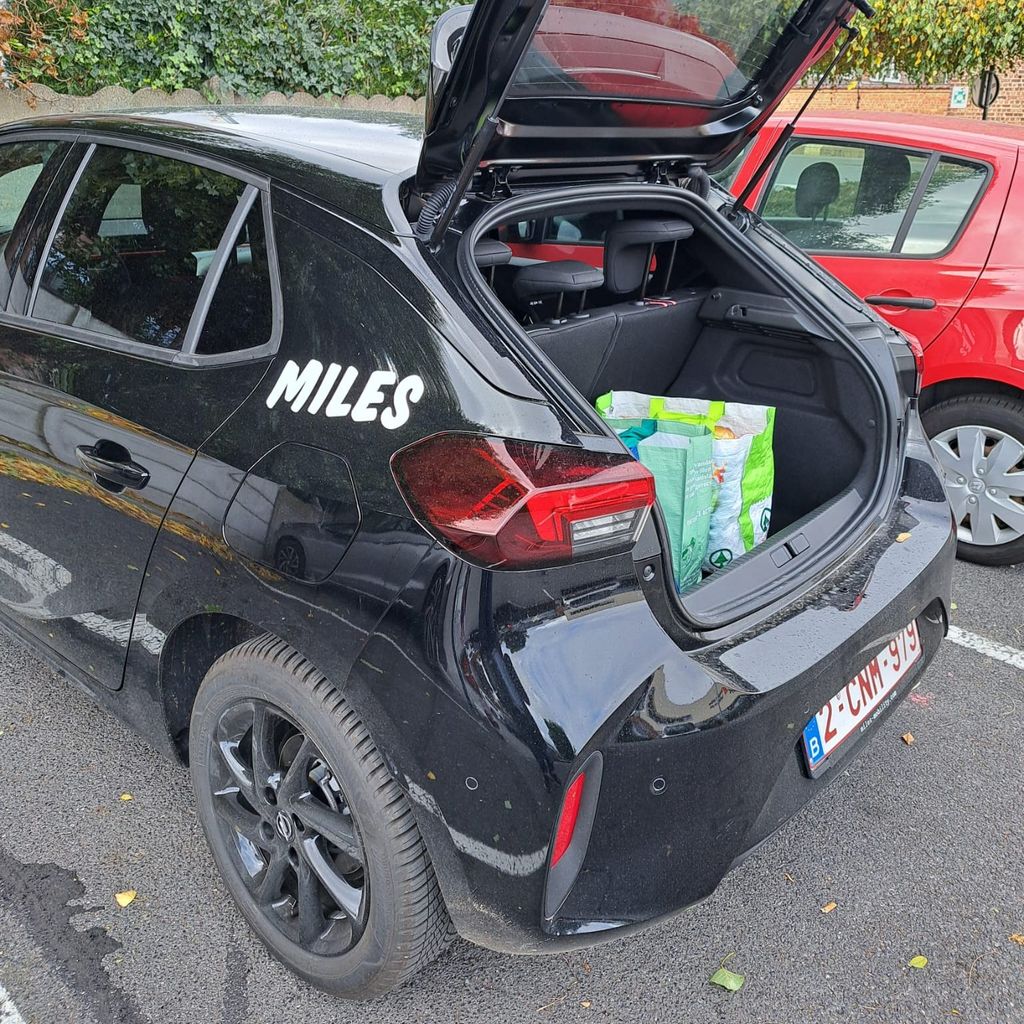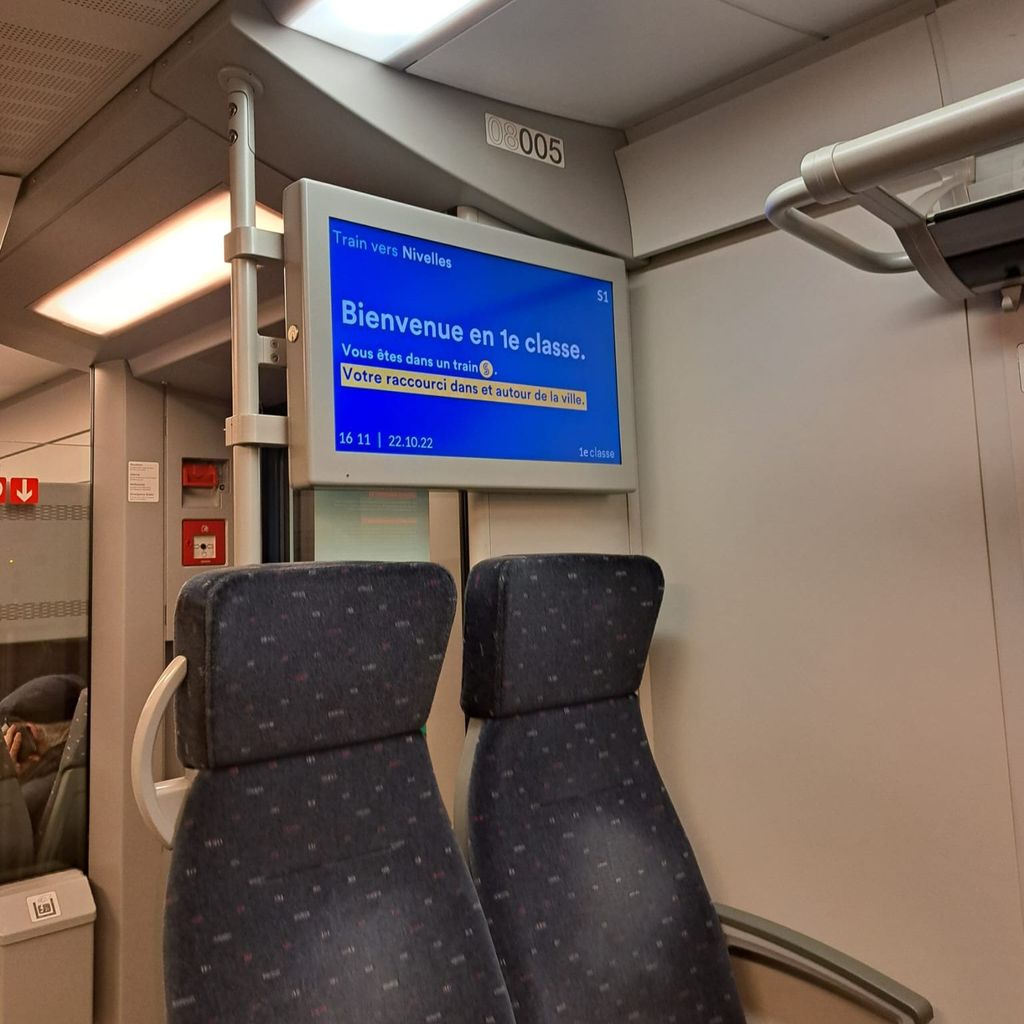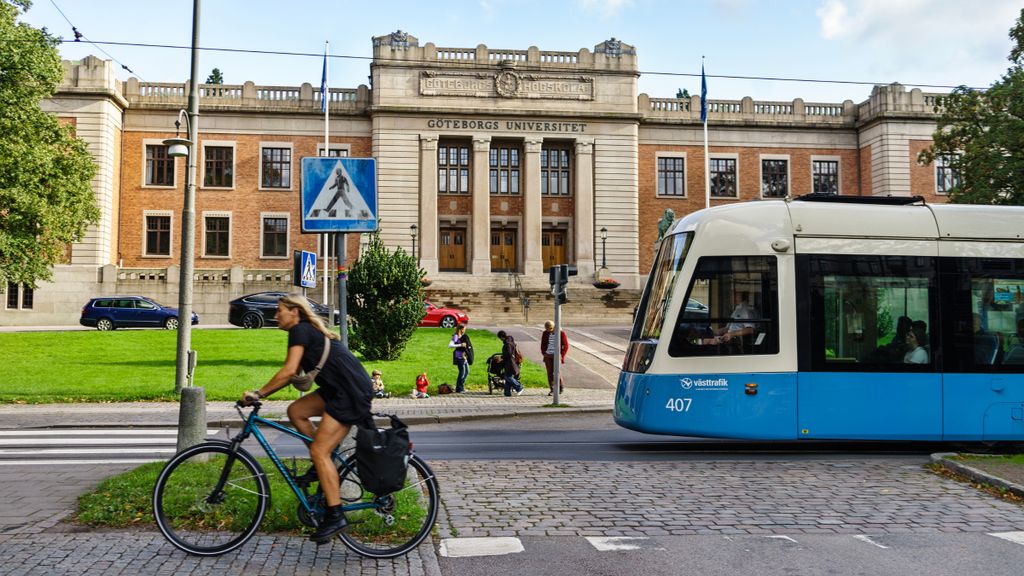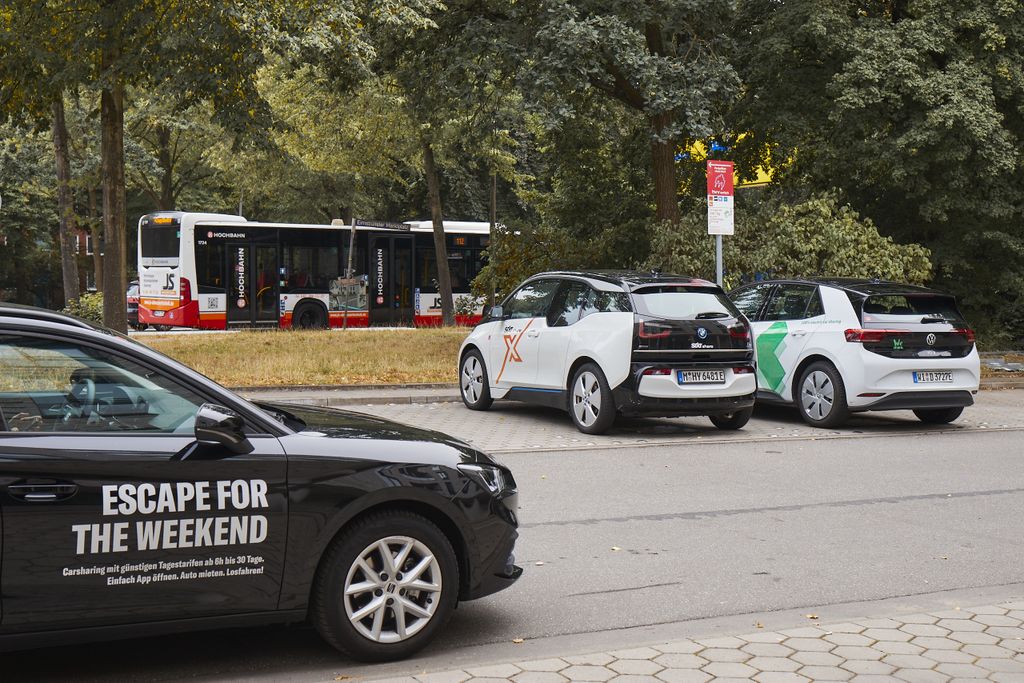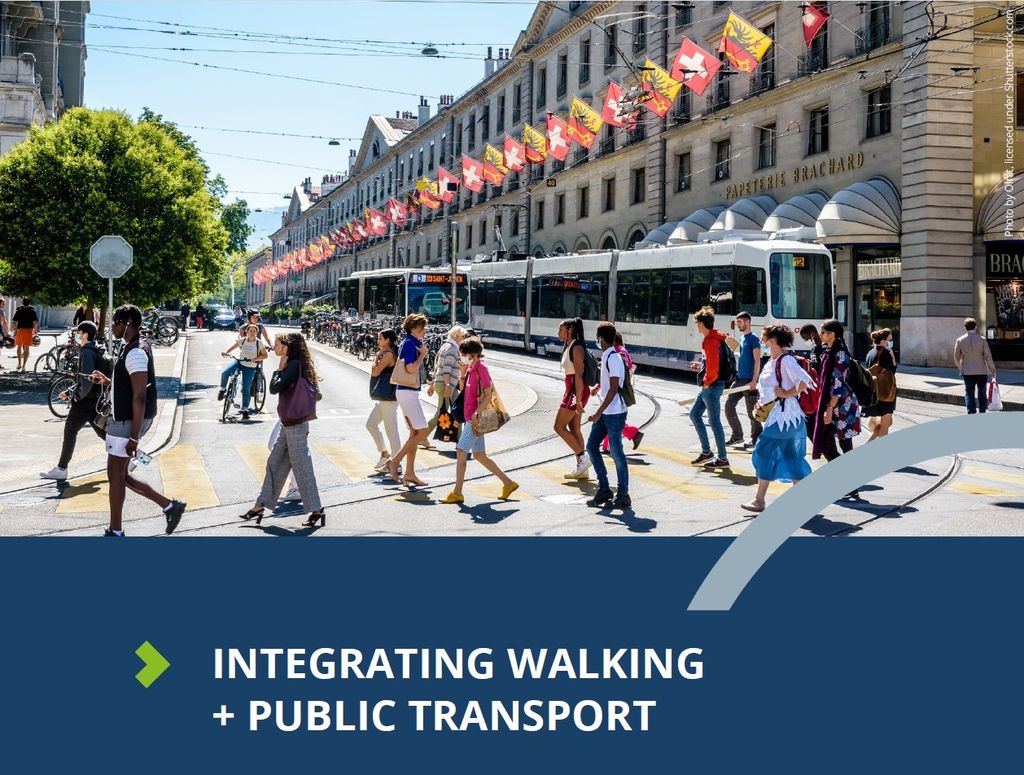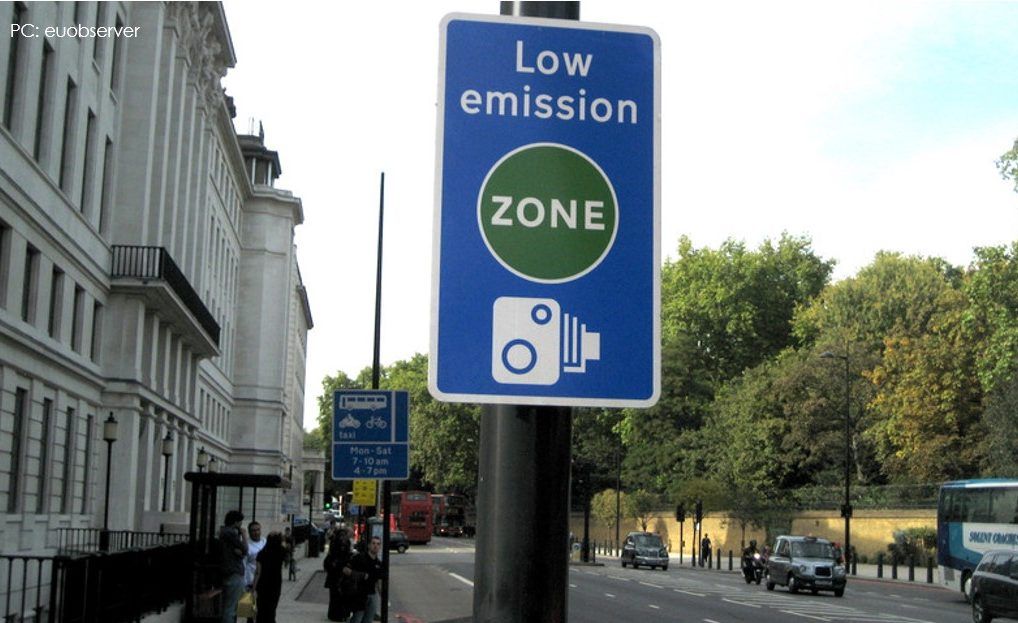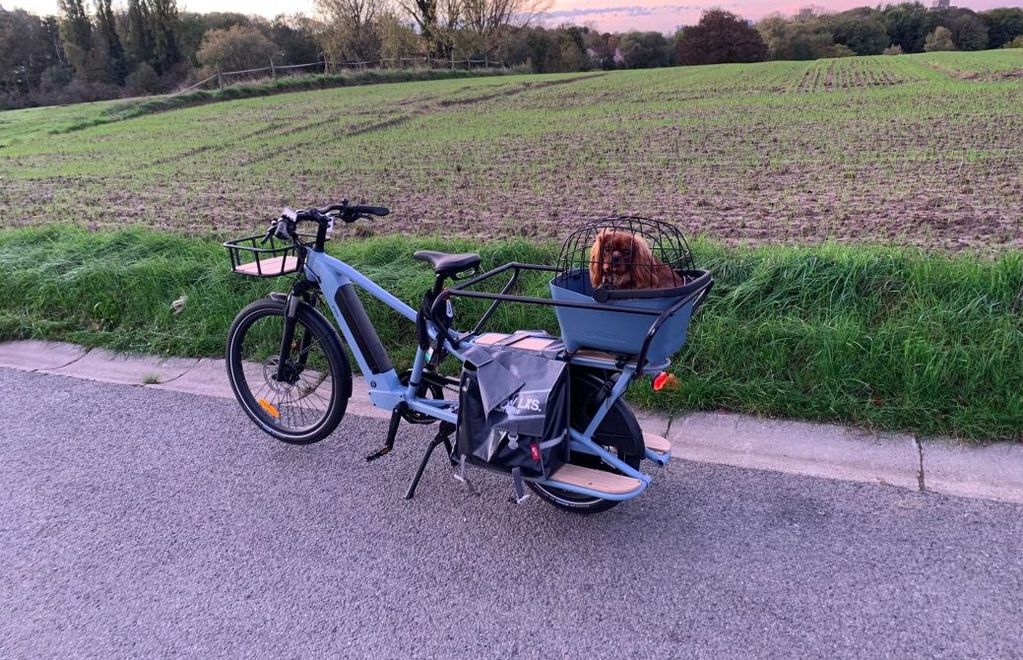
Walking the talk without my private car: Christel Goossens
In the month of October the Brussels region challenged a number of families to give up their private car in return for a mobility budget. For 30 days, me and my family travelled the streets of Brussels by train, tram, bus, e-bike, shared car, foot, and once even an e-scooter.
Long story short: I haven’t sold my car… yet. After this experience though, I am considering it.
I discovered my own city differently. Walking, I took my time; paid more attention to the world around me. And even riding a bike I suddenly had the time to admire the architecture.
I even discovered public transport that I had never used before: the suburban rail lines for example. I have a friend, she lives in Lillois. For 15 years, I have been driving there. And now, suddenly, I discover that what takes 45 minutes by car takes exactly the same amount of time by train.
No wonder the national rail operator advertised the regional rail as ‘your secret passage through Brussels’. Perhaps it’s still a bit too secret.
“Trying these new mobility options for a month, taught me how to use them and opened my eyes to a different way of moving around cities.”
According to the organisers of the Mobility Switch, on average, my family would spend 500 euros per month on their car. This includes the cost of purchase, maintenance, fuel, parking and so on.
In return for giving up the car, we were granted a mobility budget of 500 euro in the form of a credit card. We could use that card for any mobility solution; from public transport to shared e-mobility.
I do believe that if you fully decide to give up the car and chose a mobility budget, a family of four needs between 250 and 500 euro. One or two kilometres with a shared car for example, just to get big purchases home, costs you 7 or 8 euro. Add public transport and a city trip by train to that and it becomes quite expensive.
But in the end the numbers are quit simple. Not owning a car saves you money.
The start of the Mobility Switch was the hardest. Every provider has a different app, every app requires separate registration and, in the case of shared cars, every account needs a verified driving license.
Of course, that becomes easier once you are up and running and use the applications more often. But it is still far from ideal to walk out your house, ready for a trip to the shops, and spend 2 minutes thinking about which shared car provider is the right one and has cars near you.
This is exactly the reason my husband is not ready to give up the car just yet. Theoretically he would be happy to, but only once all mobility providers are integrated into one app.
And then there is issues like dirty vehicles or broken bikes. At one point the internet on my phone didn’t work and the car remained reserved for me. That resulted in a couple of hundred euro bill. Customer service with these companies was great though.
For the modal shift to succeed, people will need a mental shift. Forcing myself to try these new mobility options for a month, taught me how to use them and opened my eyes to a different way of moving around cities.
And look at my kids. My daughter still wants to get her driving license, and owning a car is considered cool. But as teenagers they travel everywhere by public transport. When they become adults, no matter if they decide to buy a car; busses, trams and shared mobility will always be a major part of their traveling life.
Of course, if you live in rural Belgium far away from public transport, most need a car to go about their day. But even then, if you’re going into the city, why not park on the edge and take public transport?
So am I ready to give up my car? Not yet! Would I buy a new car if mine broke down? Definitely not. As long as I live in cities, this will likely be the last car I own.
Membership benefits

